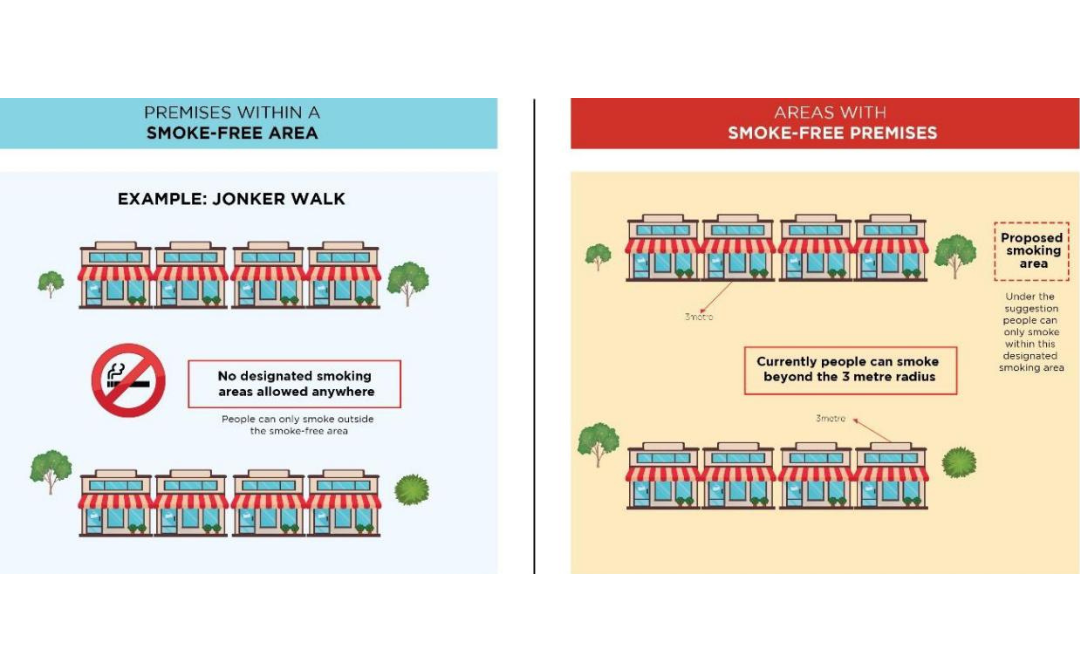National Cancer Society addresses misinterpreted narrative on “smoke-free” concept
SHARIFAH SHAHIRAH
SHAH ALAM - The National Cancer Society (NCS) is addressing misconceptions surrounding the recent statement by the Health Minister Dr Dzulkefly Ahmad on designated smoking areas near eateries in "tight spaces."
The controversy arose after the Health Minister said the consideration of designated smoking areas near certain eateries in "tight spaces" during a walkabout in the Bukit Bintang area recently.
Some have criticised the move as a potential U-turn in tobacco control efforts, however, NCS managing director Dr Murallitharan Munisamy said this proposal was not a step back but rather a strategic progression towards creating more smoke-free areas in public spaces.
“This cannot be further from the truth. In actuality, this is a good progression of a wider move to create more smoke-free areas in public areas and should be supported.
“As an organisation working specifically within the tobacco control landscape, the society would like to clarify the wrong narrative being put out on this issue,” he said in a statement.
Dr Murallitharan further clarified that the confusion arises from the interchangeable use of terms like 'smoke-free premises' and 'smoke-free areas.'
He said the ministry added the 'smoke-free premises' refer to specific establishments like hospitals and schools, where smoking was restricted, extending to a three-metre radius for eateries. On the other hand, 'smoke-free areas' encompass entire gazetted zones where smoking was entirely prohibited.
He addded that the Ministry's proposal aims to create designated smoking areas within smoke-free premises, not smoke-free areas, to address environmental concerns and contribute to long-term denormalisation of smoking.

Dr Murallitharan said the long-term transformation of such spaces into genuine smoke-free areas, promoting a sustainable, smoke-free generation in Malaysia, also included an illustration highlighting the distinction between "smoke-free premises" and "smoke-free areas."
He assured that smoke-free areas, as per the law, will remain off-limits to smokers. However, smoke-free premises in other areas will now feature designated smoking areas.
"This strategic move aims to address environmental concerns, reduce litter, and contribute to the long-term denormalisation of smoking.
"By creating specific spaces equipped with bins for cigarette disposal, the initiative seeks to curb environmental pollution caused by discarded cigarette butts," he said.
In the meantime, the society aims to send a visible message that smoking was not socially normalised by restricting it to designated areas within smoke-free premises.
Dr Murallitharan emphasised the designated smoking areas, when thoughtfully designed, will feature anti-smoking and health promotion messaging to induce behavioral change, and as public awareness grows and behavioral changes occur, these areas with smoke-free premises may transition into true smoke-free areas.











